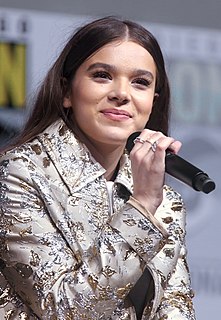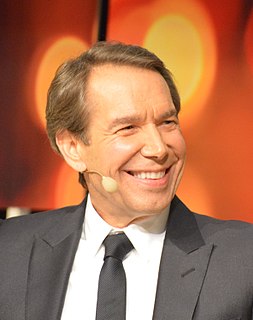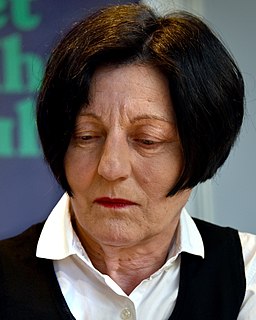Цитата Скотта Снайдера
Я использую много повествования; У меня очень прозаический стиль. Мне нравится сначала вкладывать вас в персонажа, и я проделываю большую работу на первых страницах каждого выпуска, чтобы попытаться восстановить вещи и сохранить символику истории очень скрытой под поверхностью.
Связанные цитаты
Одна из вещей, которые меня больше всего взволновали, — это американские телевизионные драмы. На мой взгляд, это одно из величайших повествовательных произведений нашего времени. Каждая серия похожа на русский роман XIX века: в первых сериях нужно много работать, как и в первых 50-60 страницах этих книг.
Я всегда стараюсь рассказать хорошую историю с захватывающим сюжетом, который заставит переворачиваться страницы. Это моя первая и главная цель. Иногда я могу затронуть проблему — бездомность, судебные тяжбы с табаком, мошенничество со страховкой, смертную казнь — и обернуть вокруг нее хорошую историю.
Постановка на радио фактически стала моей первой актерской работой. Много раз, когда я на камеру, я играю персонажей, которые больше похожи на меня самого, и у меня не получается много работать над настоящим персонажем. Но когда вы делаете анимацию, вы являетесь воплощением красочных персонажей. Думаю, я просто притворяюсь.
Одна простая ошибка, которую можно сделать с первым романом, — это расширить рассказ. Некоторые вещи лучше в виде истории; вы не можете растворить вещи в романе. Я думаю, что первые сто страниц романа очень важны. Вот где вы настраиваете вещи: мир, персонажи. Как только вы настроите это, это будет намного проще.
Две ошибки, которые приходят на ум, — это люди, вводящие множество персонажей на первых нескольких страницах. Где читатель должен остановиться, достать блок-схему и выяснить, кто есть кто. И вы просто не можете этого сделать - представить первые четыре поколения семьи персонажа в первой главе. Вы можете представить четыре или пять персонажей максимум в первой главе. Еще одна ошибка — использовать громкие слова, которые обычно не используются в разговоре, чтобы произвести впечатление на людей своим словарным запасом.
Почти в каждом выпуске, который мы выпустили, была по крайней мере одна или две вещи, которые меня действительно удивили. Звучит как чушь, но большинство историй, которые мы публиковали, произвели на меня именно такое впечатление. Мы получаем тысячи и тысячи материалов, и я не думаю, что мы опубликовали историю — во всяком случае, очень мало — где бы не было чего-то вроде того, что описала Мона Симпсон, где первое предложение или первая страница не просто действительно привлекают внимание.





































